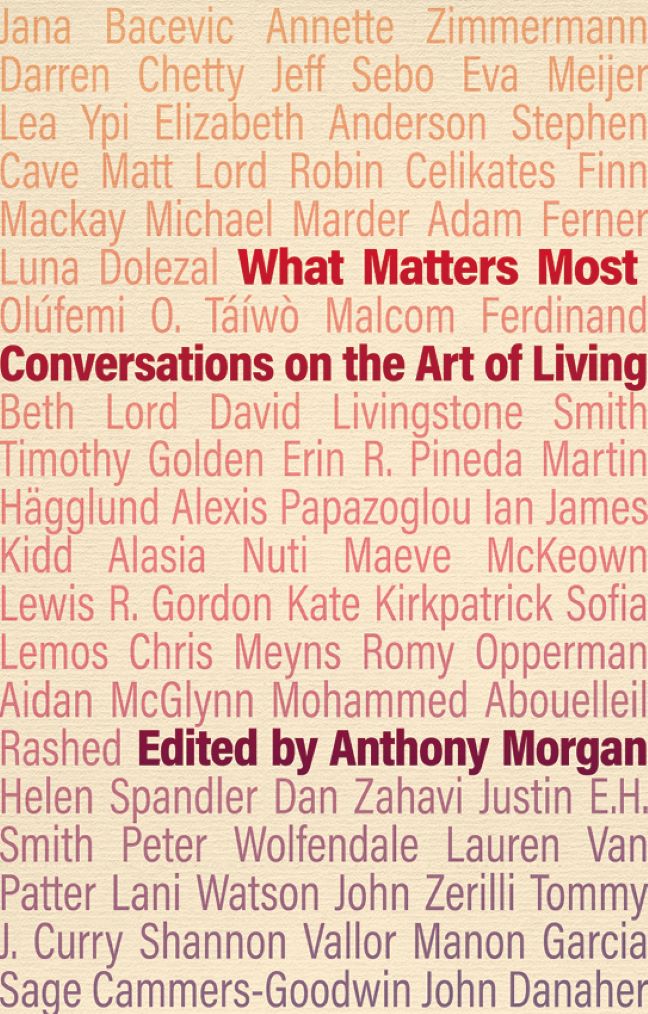2 - Submission and emancipation
Published online by Cambridge University Press: 23 January 2024
Summary
Historically, philosophers, psychoanalysts, and even some radical feminists have conflated femininity and submission. This conversation coincided with the publication of Manon Garcia's book We Are Not Born Submissive: How Patriarchy Shapes Women's Lives. For Garcia, what we call femininity in our patriarchal societies is submission, but it does not have to be this way. Rather, the concept of submission serves to give meaning to what women have been experiencing under patriarchy, as well as the tools to politicize it. What emerges from this conversation is not only an inspiring call to women to resist, but also a lucid and accessible introduction to many of the most urgent questions in feminist philosophy.
MANON GARCIA is a junior professor of practical philosophy at Freie Universität in Berlin. Her primary research is in political philosophy, feminist philosophy, moral philosophy and philosophy of economics.
KATE KIRKPATRICK is Tutorial Fellow in Philosophy and Christian Ethics at Regent's Park College, Oxford. She is an associate fellow of the Higher Education Academy, and treasurer of the UK Sartre Society.
Kate Kirkpatrick (KK): Much of your work looks at the concept of submission from a feminist perspective. Why do you think this concept deserves philosophical analysis?
Manon Garcia (MG): What we call femininity in our patriarchal societies is submission. Yet, unlike feminist theorists like Catharine MacKinnon, I don't think that this necessarily has to be the case. There is the possibility of redefining femininity in a way that is not synonymous with submission, but I take it that femininity and submission are the same for now. In this sense, I consider submission to be a, if not the, central concept for feminist philosophy to be addressing.
I felt very early on that a major problem with concepts like “oppression”, “domination” and “exploitation” is that they look at the power dynamic from the standpoint of the people who have the power. And this leads to a problem, especially in the case of women, which is that their situation comes to be associated with passivity. People come to think that male domination means that women are passive.
- Type
- Chapter
- Information
- What Matters MostConversations on the Art of Living, pp. 13 - 20Publisher: Agenda PublishingPrint publication year: 2023



